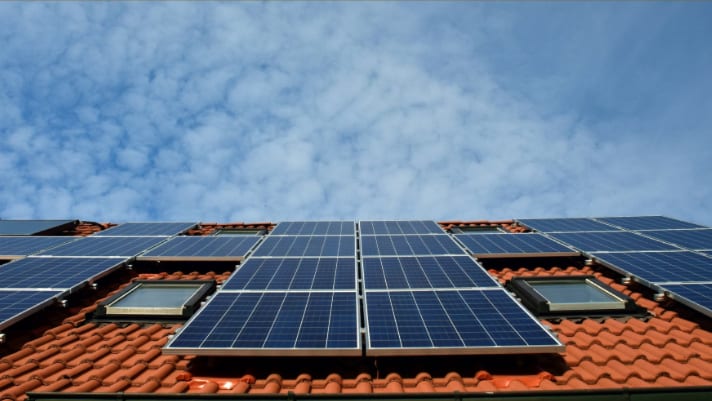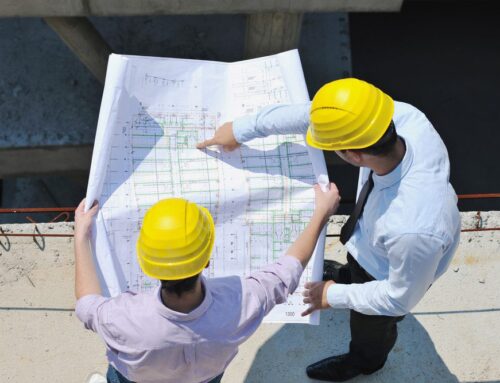Solar energy accounts for 1.8% of the total electrical energy generated in the United States. By 2018, the amount of solar power installed was more than 6.2 GW. Major corporations are also turning to solar energy. Currently, 35,000 facilities are using photovoltaic systems.
But before installing solar, here are some challenges businesses should address.
1. Work on a Landlord-Tenant Arrangement
Installing a solar system has benefits, particularly in owner-occupied commercial premises. But when the tenant is renting space, the tenant may not see the incentive to allow for the installation of panels right away. The tenant may also be concerned about the implications of solar panel installation. However, you can always come up with an agreement to address such technicalities.
2. Asses the Remaining Lifespan of the Roof
Commercial establishments require a lot more electrical power than for residential applications. The business will have to install a considerable amount of panels to address their energy needs. The problem is that the roof may have a short lifespan remaining before replacement. That means you may have to remove the panel to allow for new roof installations.
Reputable solar panel companies will always carry out a thorough assessment before approving installation. If the roof’s remaining lifespan is only a few years, the company may recommend scheduling replacements earlier.
3. Compare Ground Mount vs. Roof Mount Systems
Solar panel companies may also present different installation options if there are concerns over installing on the roof. One such alternative is a ground-mount system. A ground mount system is ideal for situations where the solar panels can add dangerous weight to the roof. It requires a thorough evaluation of the structure and is more costly. The most reputable solar companies will provide a detailed roof plan before the process commences.
4. Develop a Solar System Maintenance Schedule
A commercial establishment cannot afford frequent downtimes due to technical problems or an inefficient system. Businesses ought to have a comprehensive maintenance schedule. Most solar providers will have warranties and an offer to maintain the installation within the first two years.
Simple tasks like cleaning the panel can be a significant challenge in commercial buildings. Even in residential homes, working on the roof can be a risk hazard. Solar technicians use harnesses and other special tools to minimize the risk of injury or death.
5. Establishing an Efficient Monitoring and Reporting System
Breakdowns and other solar system related problems can be hard to track, especially if you are not an expert. Luckily, most reputable solar panel companies usually have monitoring systems that analyze power generation and consumption. Modern monitoring applications can generate data that is accessible from your phone. You can conveniently determine if your system is working and how much power you are producing and consuming.
Your solar energy company can check on the functionality of the system from their end using the application. It is crucial when the technical team wants to assist customers with troubleshooting. It is, therefore, advisable to ensure the provider has monitoring capability for the solar installation.
Bottom-Line
An initial analysis of your energy needs is an essential part before commencing with the installation. Solar panel companies will examine your power bills to review consumption interval data. After an inspection, you will get a report with a breakdown of the charges, including unavoidable expenses.


 Solar Company
Solar Company 



